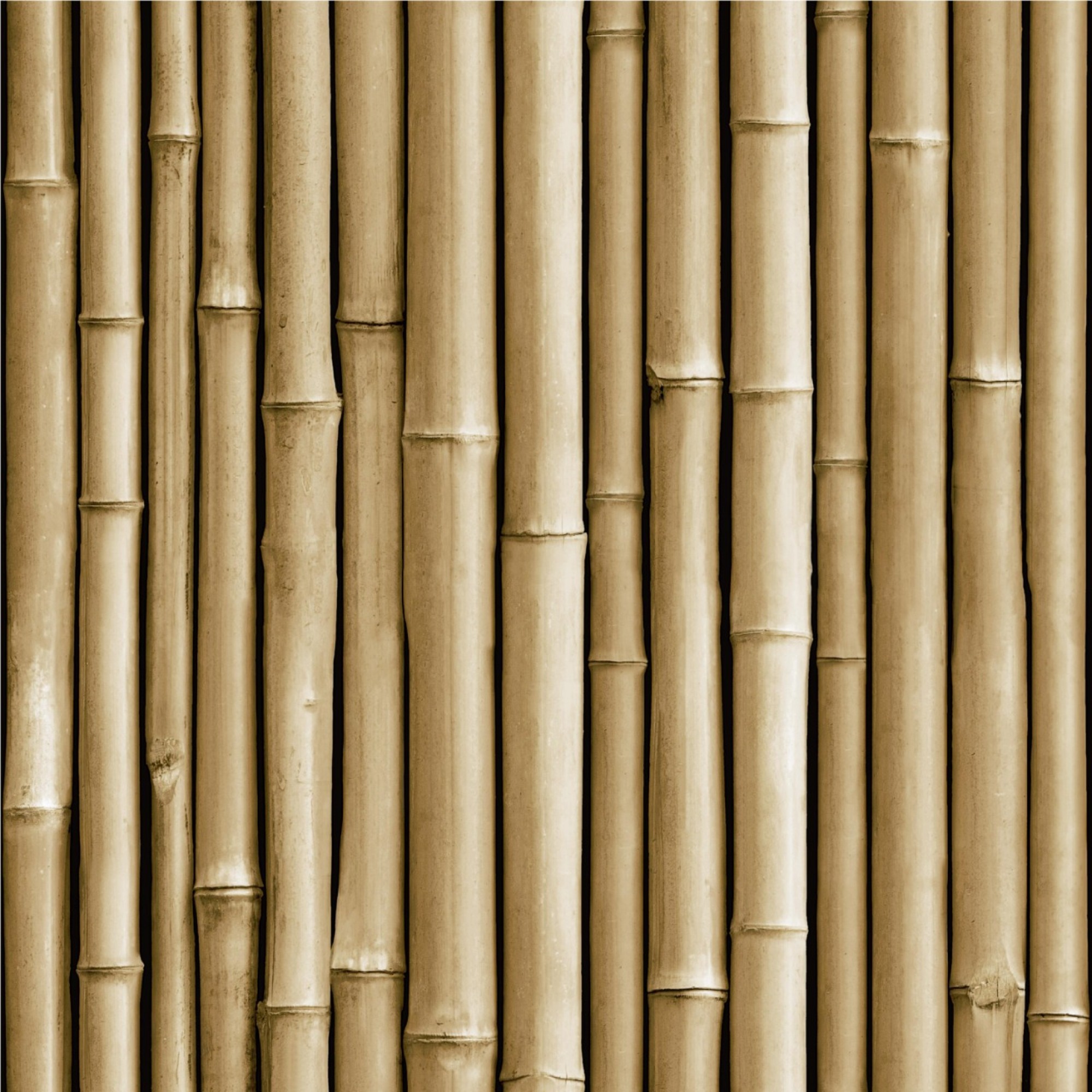From seaweed and cassava to rice, we are harnessing the power of plants to be turned into
sustainable materials. Find out more about our plant-based materials below:
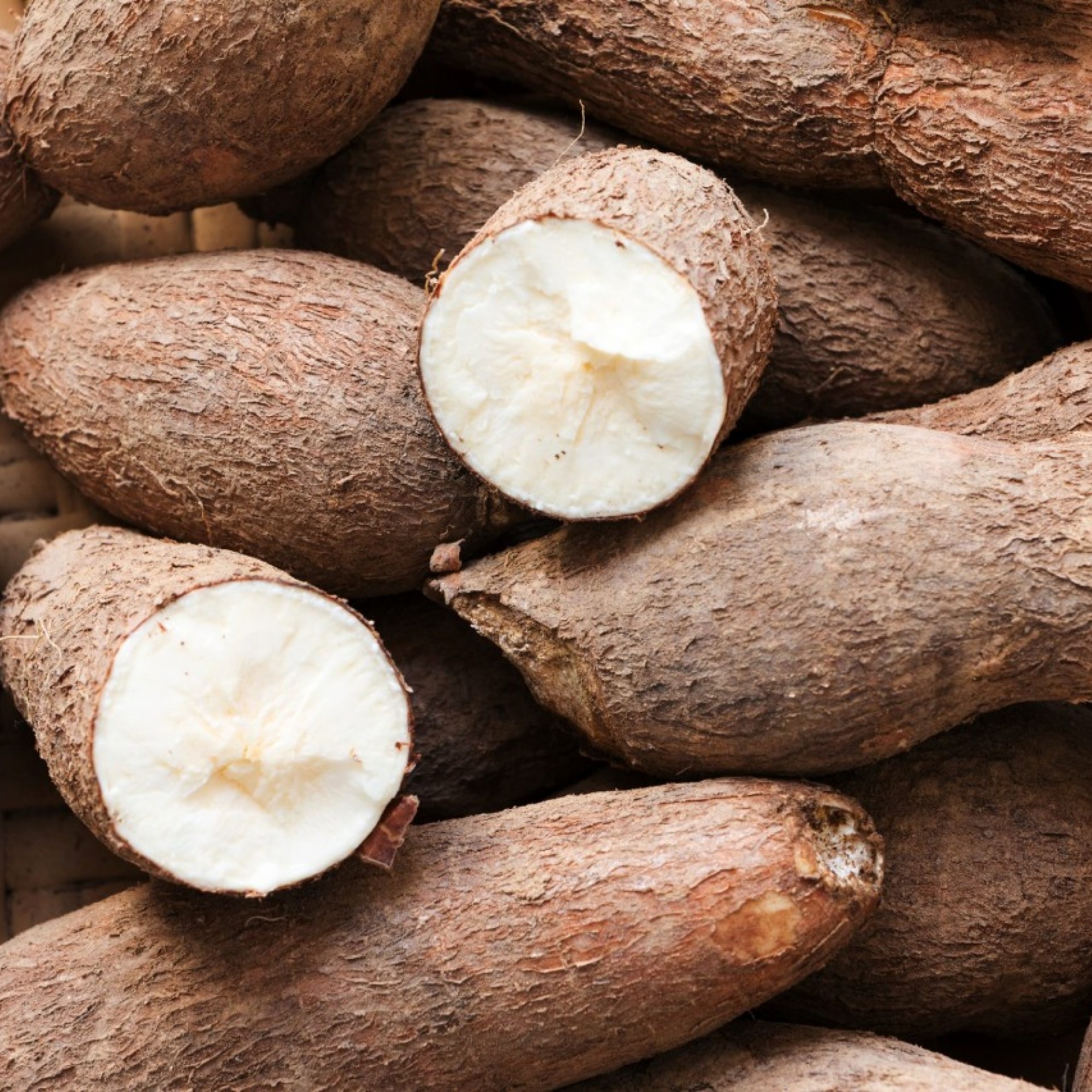
Cassava
Cassava is a root vegetable originally from South America that is widely consumed and easily grown in tropical regions such as Indonesia and Thailand. Once turned into starch, cassava can be plasticized using vegetable oils without any polluting chemicals, Polylactic acid (PLA) nor polyolefins.
Used in our: bags
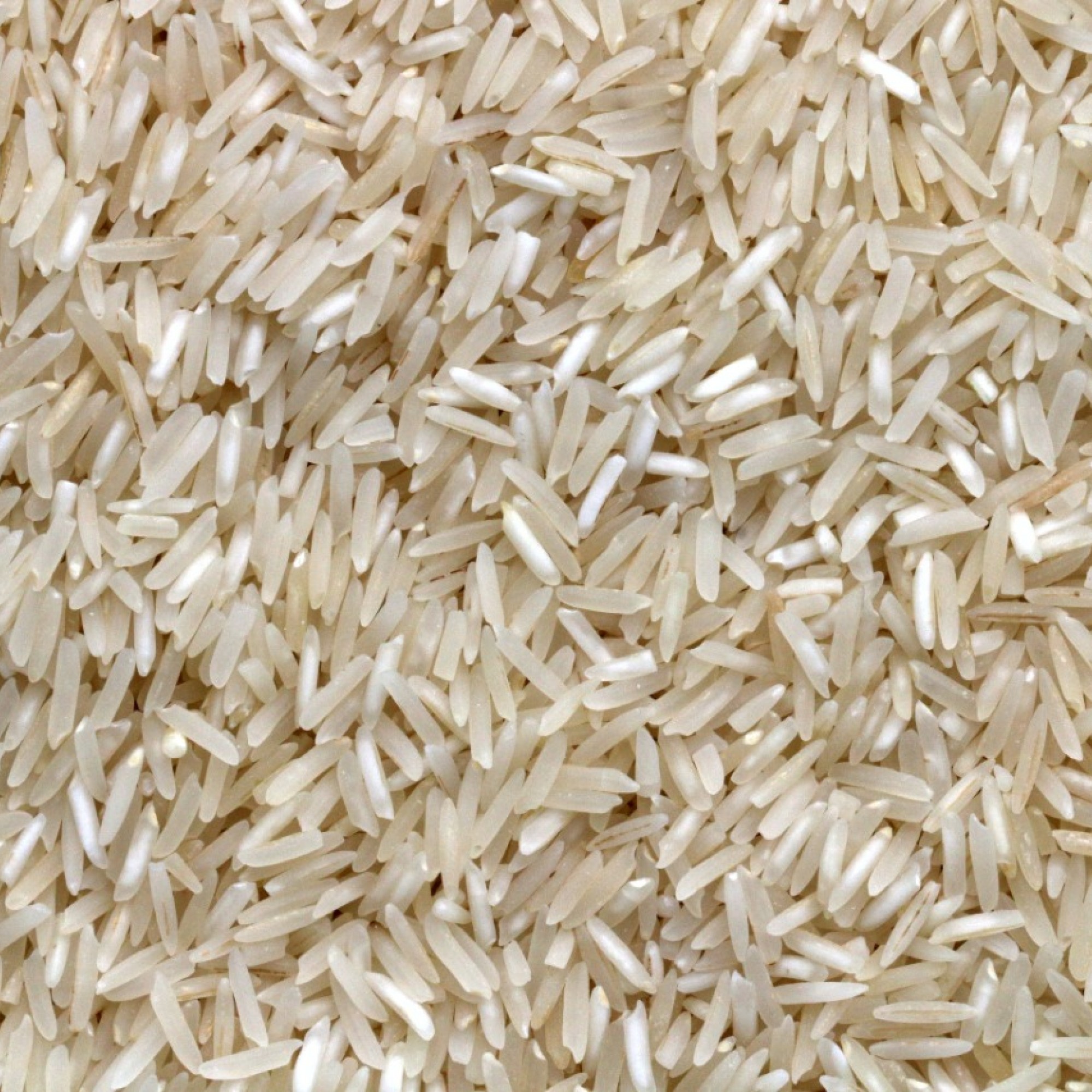
Rice
Rice contains cellulose, a primary component of the cell walls of plants. It’s also a strong biopolymer with a range of properties that can be manipulated into a variety of textures, from rigid and brittle to soft and stretchy.
Used in our: straws
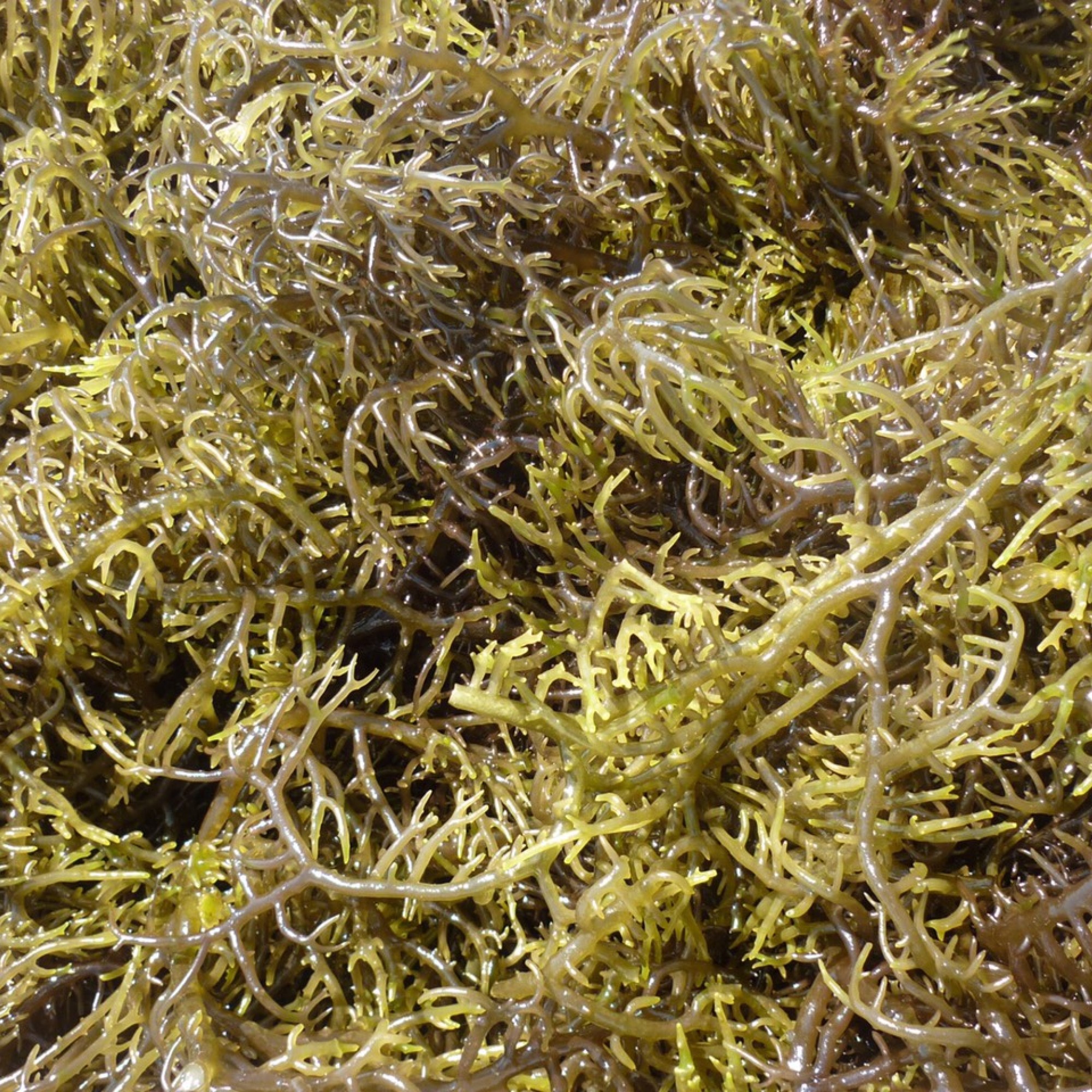
Seaweed
Seaweed is a rich source of nutrients and has anti-inflammatory properties. It is abundantly available throughout the year, and its shortage is pretty much unheard of. It can also be cultivated easily and quickly in 45 days - much faster than other bio-packaging materials.
Used in our: wrappings
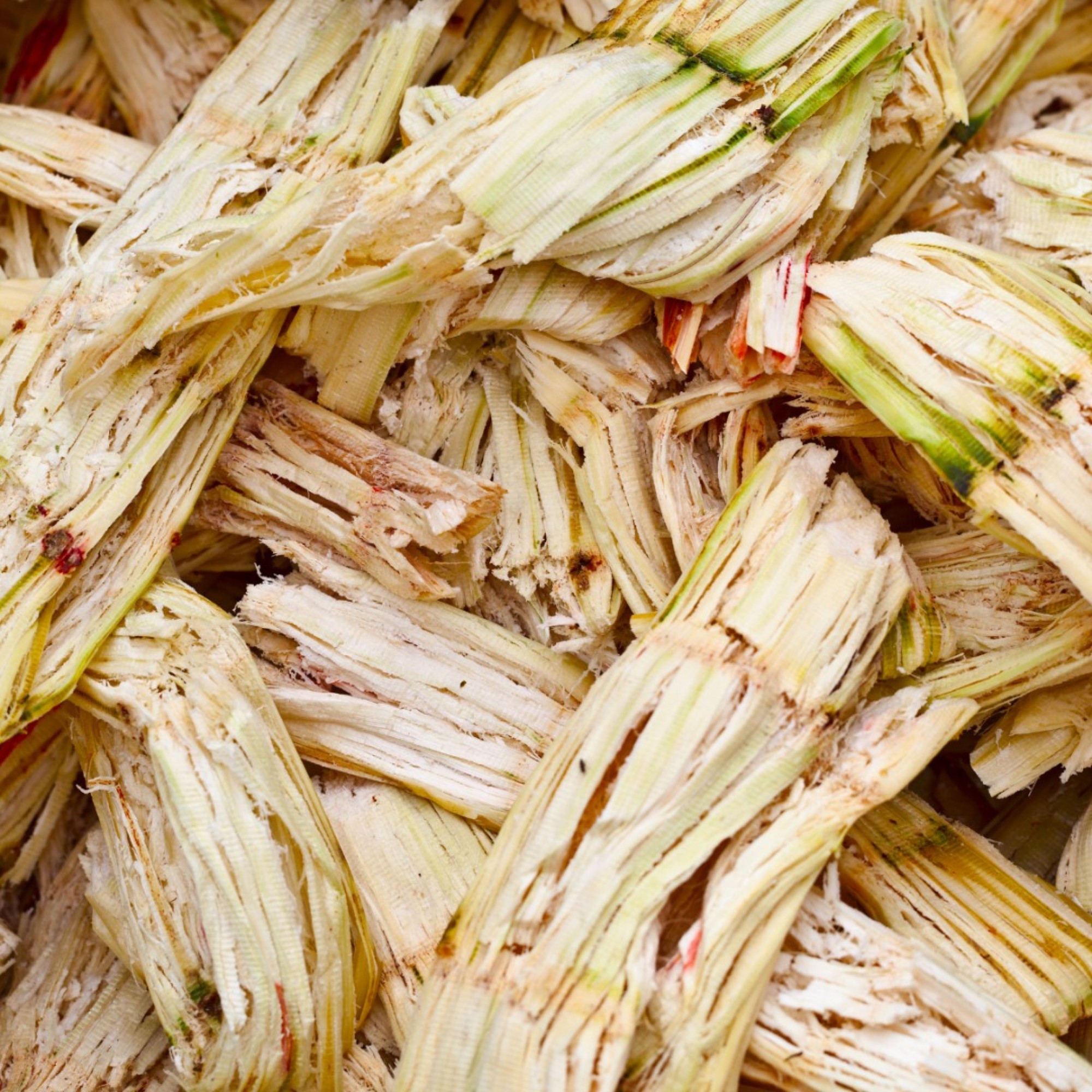
Sugarcane
Sugarcane is a tree-free, renewable resource. Sugarcane waste used to be burned in the fields, creating unnecessary pollution; but now, we can turn sugarcane waste fiber (a.k.a. sugarcane bagasse) into disposable food containers to replace their plastic counterparts.
Used in our: food containers
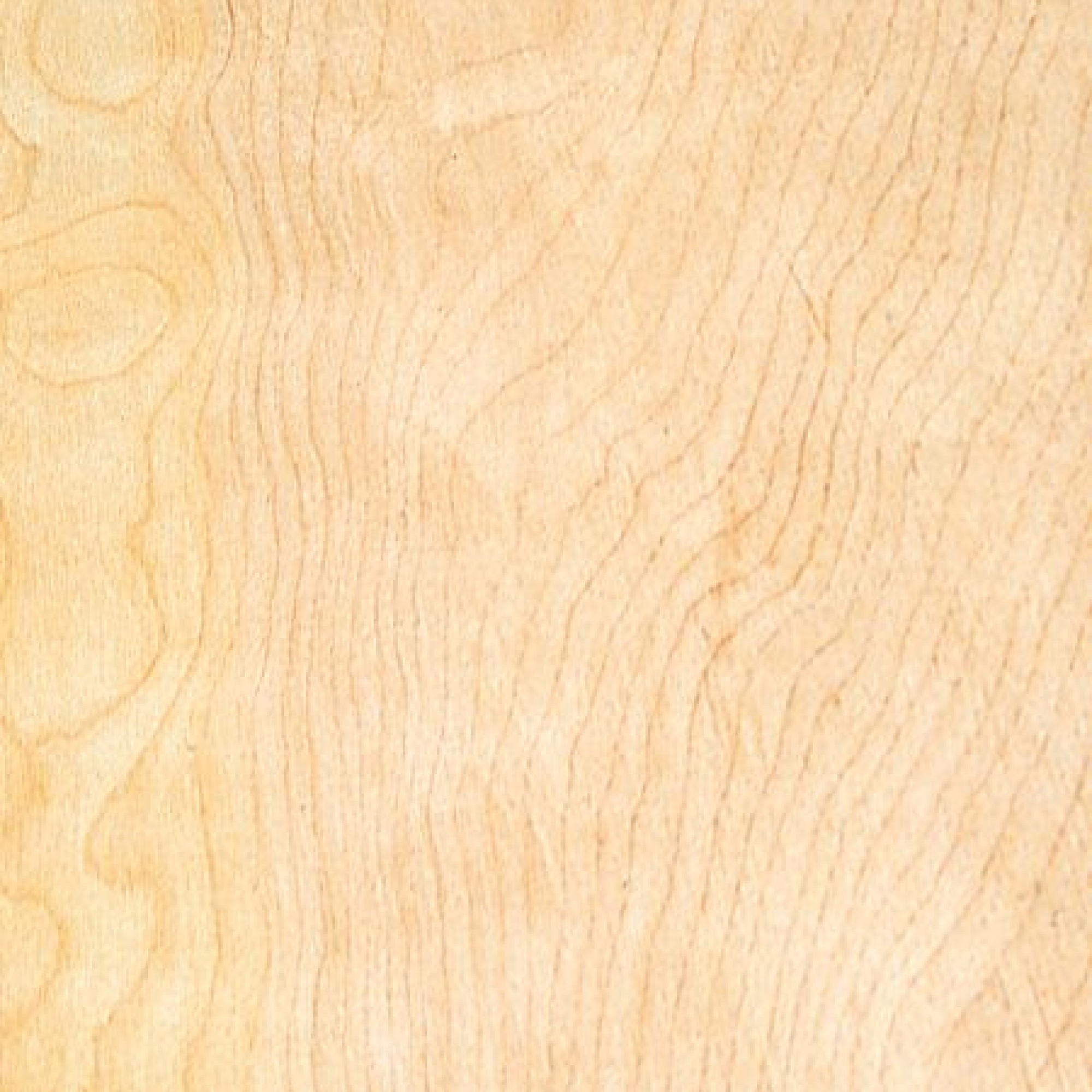
Birchwood
Our wooden cutlery is made of birch wood that is free from toxic or dangerous chemicals. It is FSC certified and has also been tested to assure that it is safe to be used for food consumption.
Used in our: cutlery
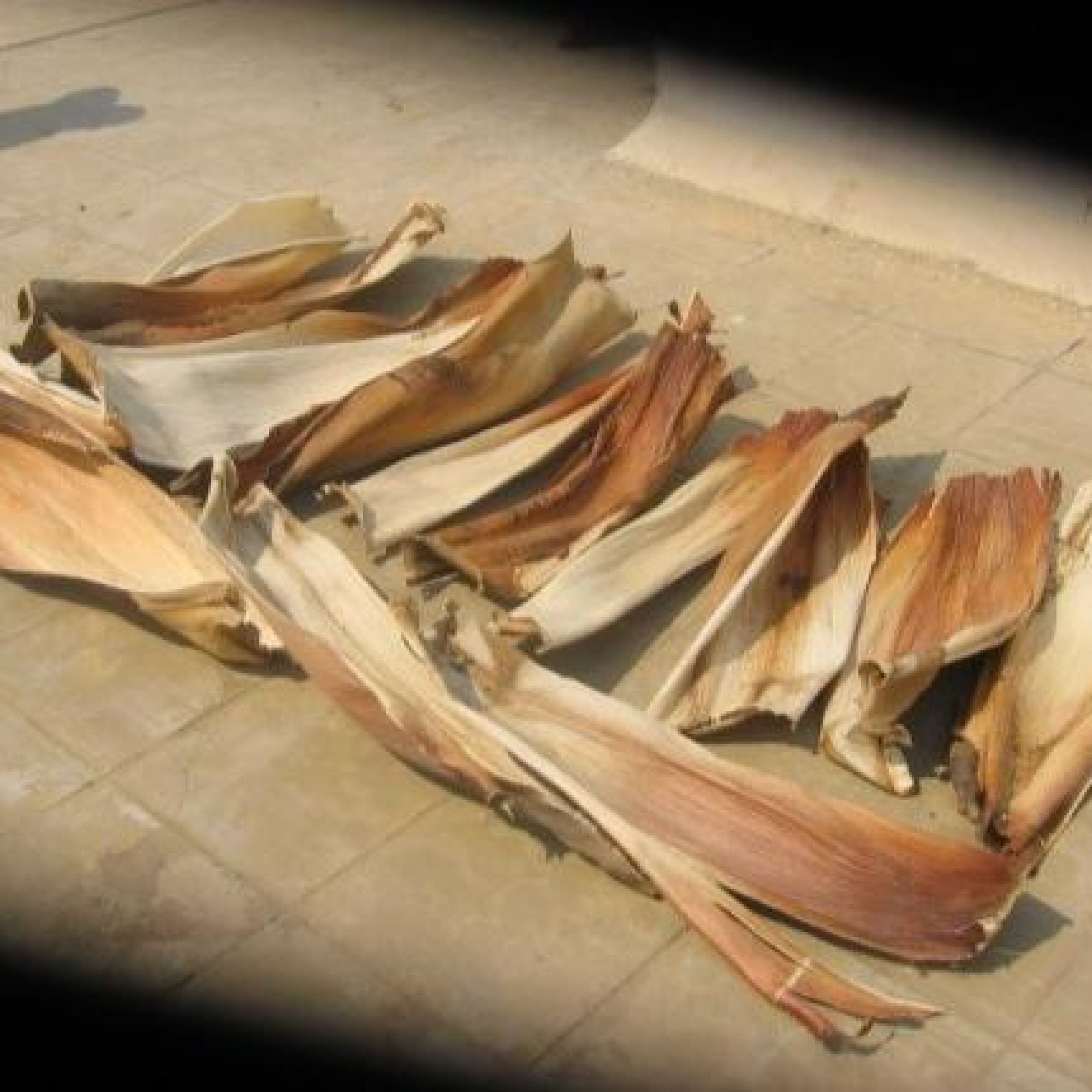
Areca
Areca palm trees shed their old leaves to make room for new growth. Once handpicked, these leaves can then be compressed into different shapes and sizes such as bowls, plates and spoons, giving us convenience, minus the negative environmental impact.
Used in our: food containers
